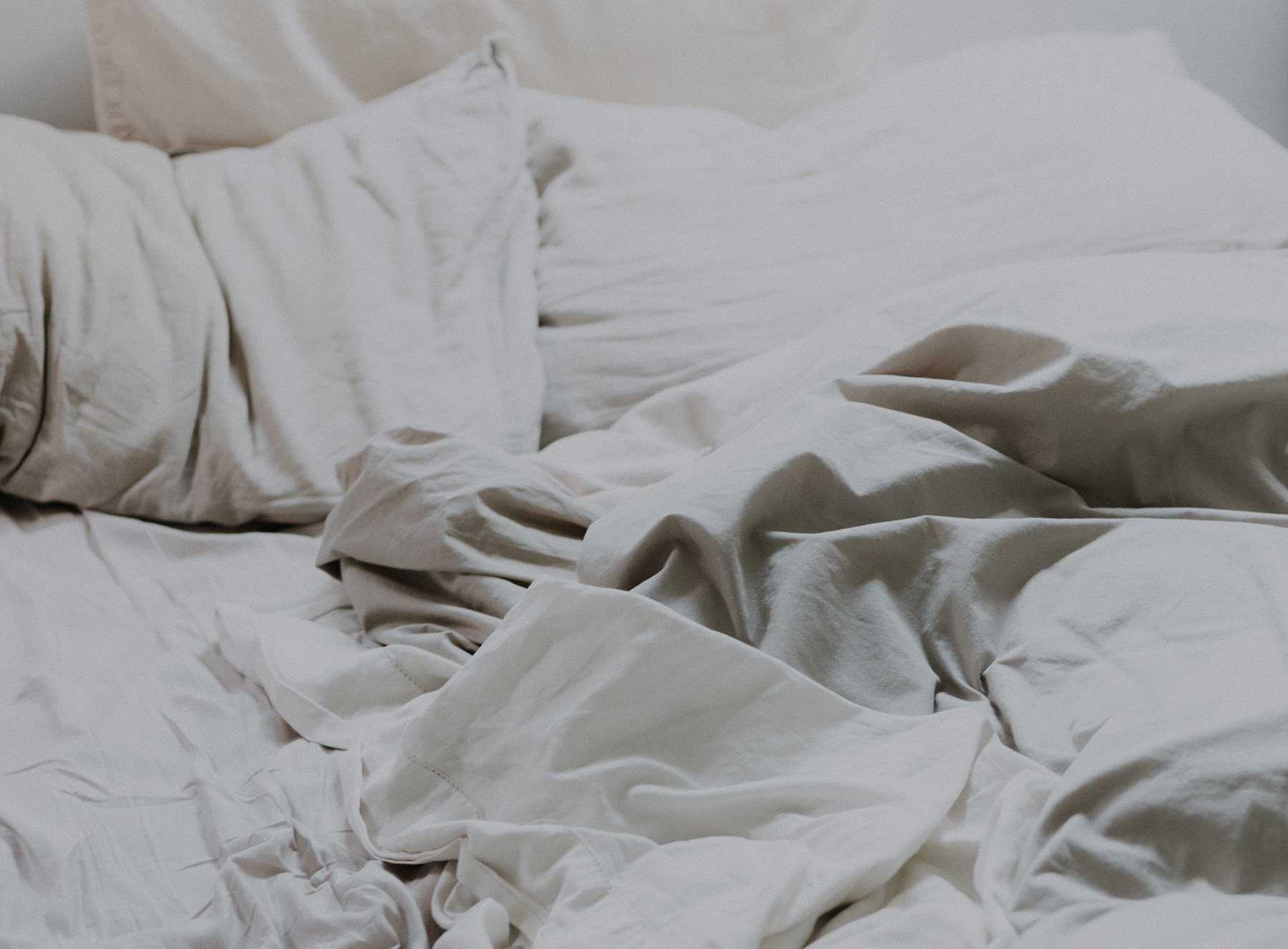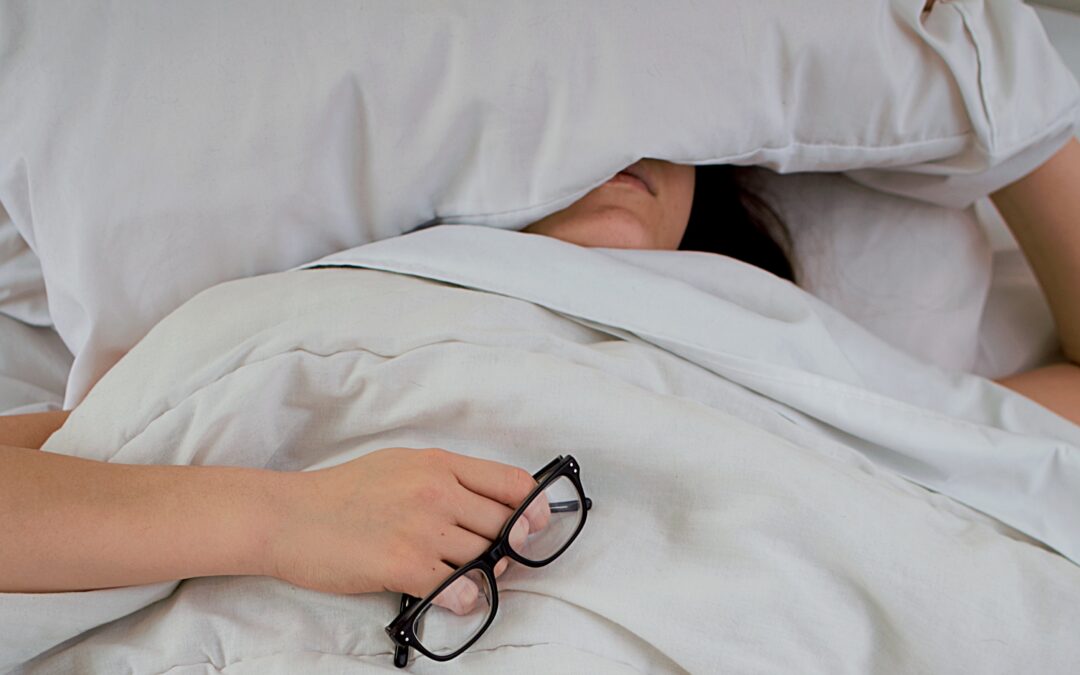Thoughts on How to Make the Most of Your Sleep
Sleep is more than just a break in the day. It’s important to your health and happiness. With all of life’s stressors, it is not surprising that one in three Americans are sleep deprived. But one of the best things you can do for your physical and mental health is to get enough sleep.
What is the big deal about getting enough sleep?
Sleep is often thought of as free time or even a luxury. But while you sleep, your body does important things that keep you healthy. During the night, blood pressure and the amount of stress hormones decrease, and your blood sugar levels regulate. FUN FACT! While you snooze, your brain “sorts out” the things you learned and remembered during the day. Like an automated filing system!
A lack of sleep can disrupt your concentration and make for a long and weary next day. Regular lack of sleep can be a contributing factor in the development of certain diseases, including heart disease, diabetes, being overweight, cancer, or dementia. Basically, the less you snooze, the quicker negative impacts can compound and affect your body and stress levels.
How long should I sleep?
Different people have different sleep needs. But most adults should sleep at least six to seven hours a night. Even better might be eight or nine hours of sleep, but that may be a luxury for some people with hectic schedules. Maybe aim for that as a vacation or weekend goal!
What is a good night’s sleep?
There’s more to it than just staying in bed for six to seven hours, and the quality of your sleep is very important. While you sleep, your body is at work, flushing toxins and resetting after the end of a long day. Your body’s immune system gains strength while you dream away.
The different stages of sleep help you feel rested and ready to go when you wake up. You may have heard of REM sleep and NREM sleep. During the night, you switch between these two stages every 90 to 110 minutes. Changes happen in the brain that helps us remember things, learn better, and pay attention. These cycles should occur 6-8 times during the night.

Helpful Tips to Get You on the Path to More ZZZ’s
- Cut down on screen time before bed. Melatonin production goes down when phones and laptops give off artificial light. Melatonin is a chemical that makes it easier to fall asleep. Your body makes more of it at night and less of it during the day.
- Make sure your sleep space is dark, cool, and quiet. Between 65 and 68 degrees is the best range for sleeping.
- Don’t drink too much alcohol or coffee right before bed. Both can make it hard to sleep at the right times.
- Skip big meals late at night.
- Stick to a set time to sleep. This helps to set your body’s internal clock and it will make it easier for you to fall asleep and wake up.
- Exercise. Your body can get ready for a good night’s sleep by being active every day.
You deserve your downtime and rest, especially with the busy lifestyles that most of us lead. So tonight, put your mind at ease for a bit, dim the lights, and snuggle under your blankets. Whatever did not get accomplished today will be there when you wake up – hopefully in 6-7 hours. Sweet dreams!
Sources Centers for Disease Control and Prevention. Sleep and sleep disorders. Last reviewed April 15, 2020. Accessed August 9, 2022. Journal of Clinical Sleep Medicine. Sleep is essential to health: An American Academy of Sleep Medicine position statement. Published October 1, 2021. Accessed August 9, 2022. National Library of Medicine. Physiology, sleep stages. Last updated April 28, 2022. Accessed August 9, 2022. Centers for Disease Control and Prevention. How much sleep do I need? Last reviewed March 2, 2017. Accessed August 9, 2022.

